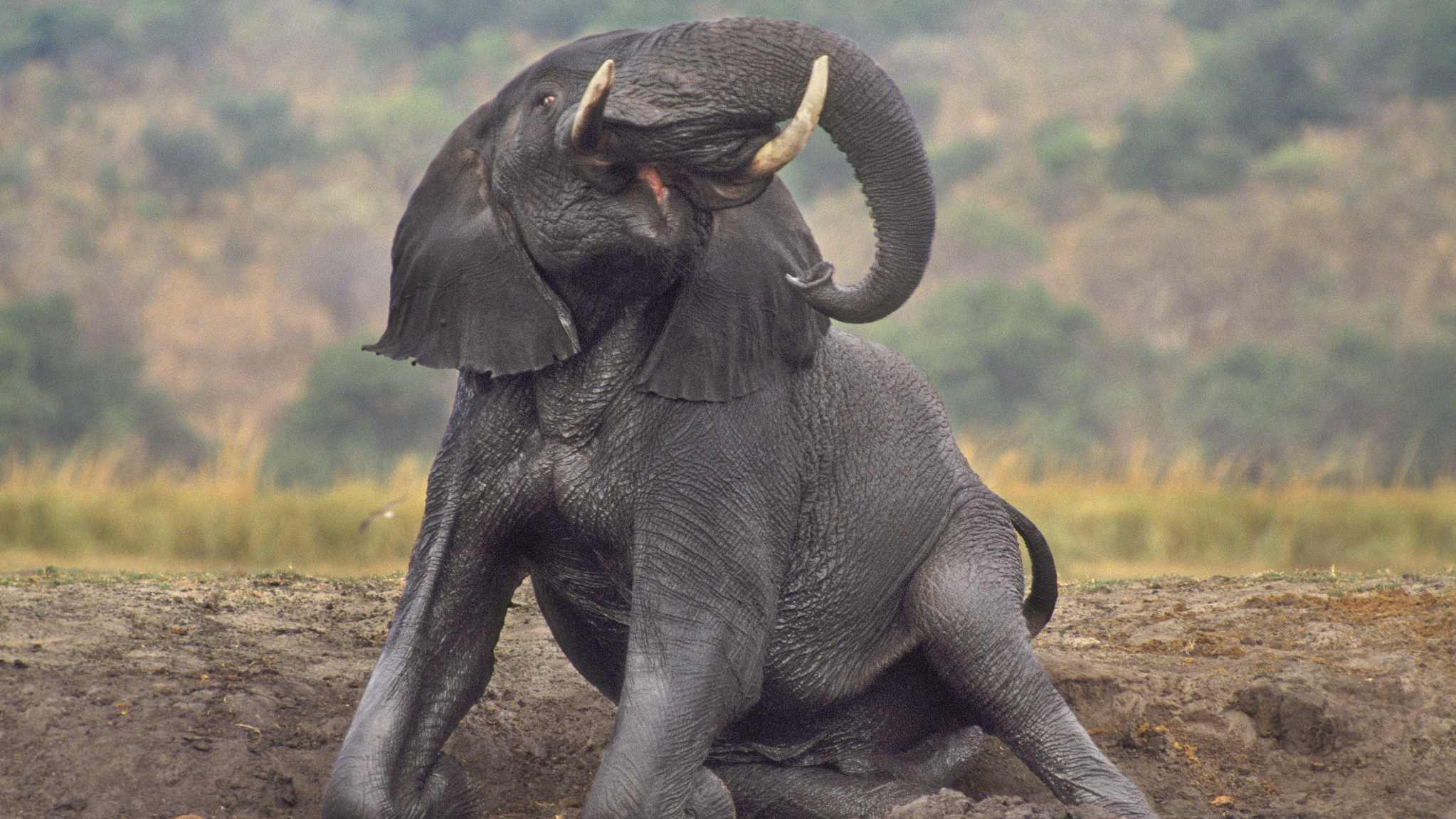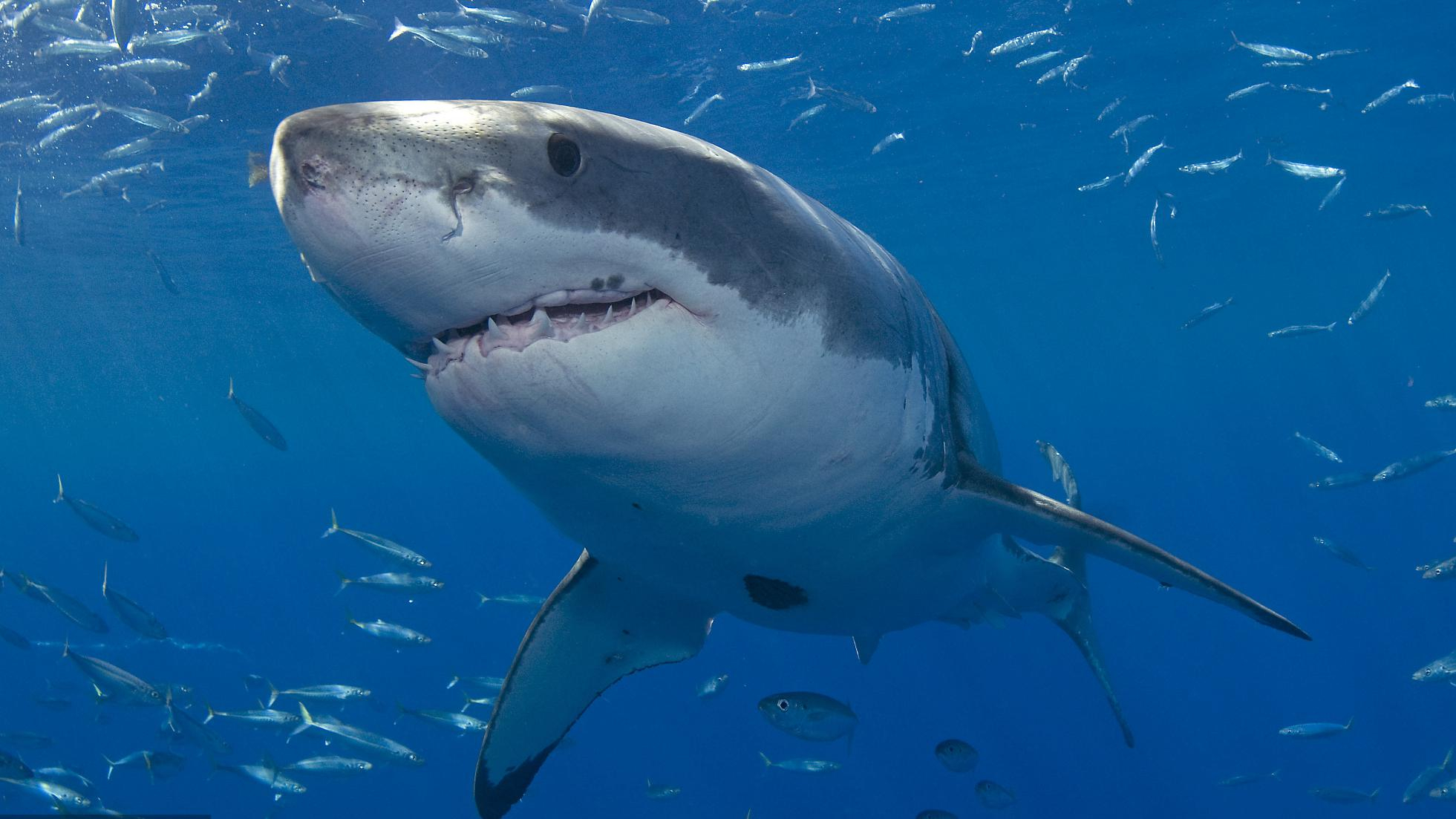
Nature
15:05, 27-Dec-2018
Questions remain over animals' ability to sense natural disasters
Updated
14:16, 30-Dec-2018
Zhang Hao

It has long been believed that animals can predict natural disasters, but substantial evidence lacks to link their extraordinary senses and the ability to predict.
Without doubts, animals have super senses to detect something unusual in the surrounding area and space before humans do. For example, elephants, dogs and some other animals can sense the unusual shockwaves humans by no means can feel from deep below the surface of the ground. It is their hearing sense that enables them to hear the infrasonic sound with a frequency lower than 20 Hertz. Sharks swim into deep waters in the event of pressure dropping before storm or hurricane.

VCG Photo
VCG Photo
One of the seemingly successful predictions happened during the 2004 tsunami, the disaster killed hundreds of thousands of people miraculously harmed few animals in a conservation zoo in Sri Lanka. Animals like elephants were seen running to the highland, Flamingos abandoned their low-lying breeding areas and zoo animals hid in the shelter and refused to come out. They seemed to know something bad was going to happen and all found themselves safe places to hide beforehand.
Another anecdote makes the belief even more convincing when China decided to evacuate a million people in Haicheng, a city in the northeast before a 7.3 magnitude earthquake in 1975, partially based on the observation of strange animal behaviors, such as the snakes were seen waking up from hibernation. Horses became restless and struggled to get out of barns, rats stopped racing around.
Stories like these all seem to add up the confirmation of animals' forecasting ability, yet the question remains. Some people say they saw animals acting strangely before some natural disasters, but does it mean all their weird behaviors signal the coming of disasters? Animals would respond differently to changes in the environment since they are much more sensitive than us in so many ways, quake, storm or hurricane are probably some of the reasons.
It's impossible to get into their heads and find out what they were thinking when they acted weirdly, whether they can identify what changes are dangerous, disastrous and others are not. It's even harder to collect enough information for intensive research given the impossibility of receiving warnings whenever animals are startled by something.
Scientists have been studying for years to find out the relationship between animals' senses and disaster-forecasting ability. Unfortunately, nothing concrete came out. However, given the animals' reactions, they might be used as a reference to help us avoid some damages to the largest extent.

SITEMAP
Copyright © 2018 CGTN. Beijing ICP prepared NO.16065310-3
Copyright © 2018 CGTN. Beijing ICP prepared NO.16065310-3